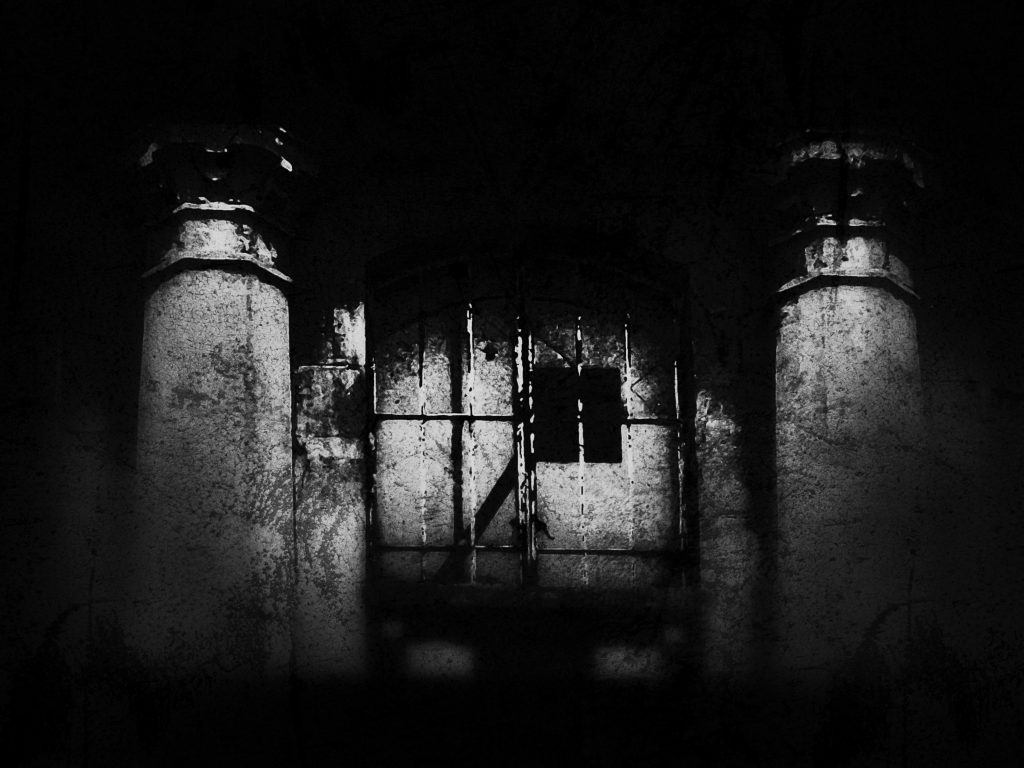
These days, it’s confusing to be a world citizen. It is unclear what to most worry about.
We probably should most worry about a possible nuclear war with Russia. A false move in the Western proxy war against Russia could lead to a cascade of events most of us would like to avoid.
Or, perhaps, impending war with China should focus our attention. More than one high ranking U.S. military official has suggested we will be at war with China during the next few years.
Considering that three of the four largest U.S. bank failures in U.S. history have occurred since March 10th of this year, perhaps we should focus our concerns on the possibility of a financial crisis, perhaps less severe, perhaps more severe, than that of 2007–2009.
Or, maybe it would be better to worry about the value of the U.S. dollar. As the world increasingly divides into two semi-autonomous trading blocks and the other half of the world slowly sheds the U.S. dollar as a reserve, and as a trading currency, downward demand for the dollar will lower its value and put upward pressure on import costs; but on the other hand, the weaker dollar will increase U.S. export competitiveness, and thus U.S. employment, albeit low waged employment. This scenario will create greater inflationary pressures and force the Federal Reserve to further tighten money conditions which will further worsen the plight of the working classes.
But then, maybe our immediate attention should be directed toward the debt ceiling debate in Washington, which could also shake the dollar, and perhaps speed-up the process mentioned immediately above.
We shouldn’t forget woes within the commercial real estate sector where much mortgage paper is coming due in the next year or two and will have to be refinanced against buildings which sit half empty due to changing work patterns consequent to the pandemic safety concerns. A crisis here could also feed-into the banking crisis discussed above.
Perhaps worry isn’t what we should do. Perhaps we should take action as suggested in a May 3rd essay in “Wall Street on Parade”, and call on President Biden to exercise his executive authority to prohibit hedge funds from shorting regional bank stocks. The short sale begins with the sale of a borrowed targeted stock which puts downward pressure on the stock and if enough participants become involved, creates a self-fulfilling prophecy of a lower price at which to repurchase the borrowed stock to be returned to the borrowee–profiting from the difference between the original sale price and subsequent purchase price.
If this is the game that is being played, and if it is significantly responsible for the current bank crises, as seems to be the view–if I don’t misinterpret– of “Wall Street on Parade”, a publication which I recommend, then the president should take action to end the short sale of bank stocks for a period which extends through the period during which banking stability continues to be an issue.
Or maybe we should just go back to the mundane worries of climate crisis, wealth and income inequality, civil war, old age, and whether our favorite popcorn brand will be on the shelf at the end of the day.
So much to choose from, but I’m going with the first one: potential nuclear war with Russia. The risk are real. Nuclear war will create anarchy, cost billions upon billions, and possibly extinguish humankind. It is the most serious of the above serious matters and demands our close attention.